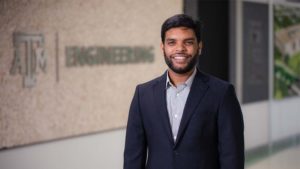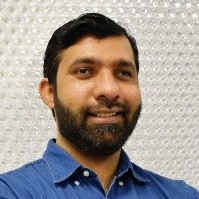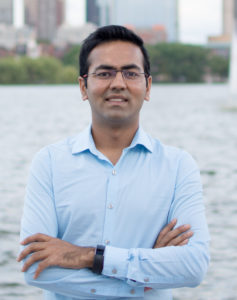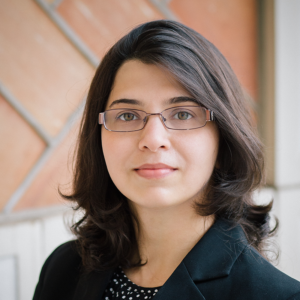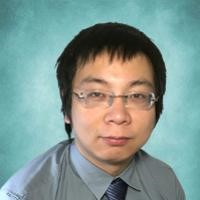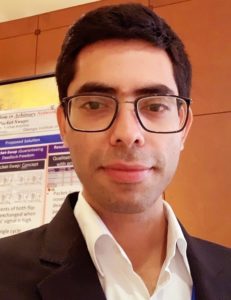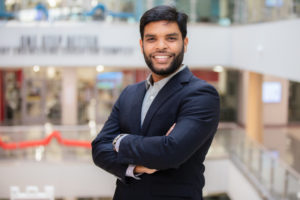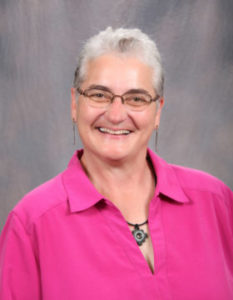Dr. JV Rajendran has won the 2022 Young Investigator Award from the Office of Naval Research Science & Technology!
His research work is titled Steel Wool: Next-Generation Hardware Fuzzers and addresses the area of Cyber Security and Complex Software Systems.
Congratulations JV!
